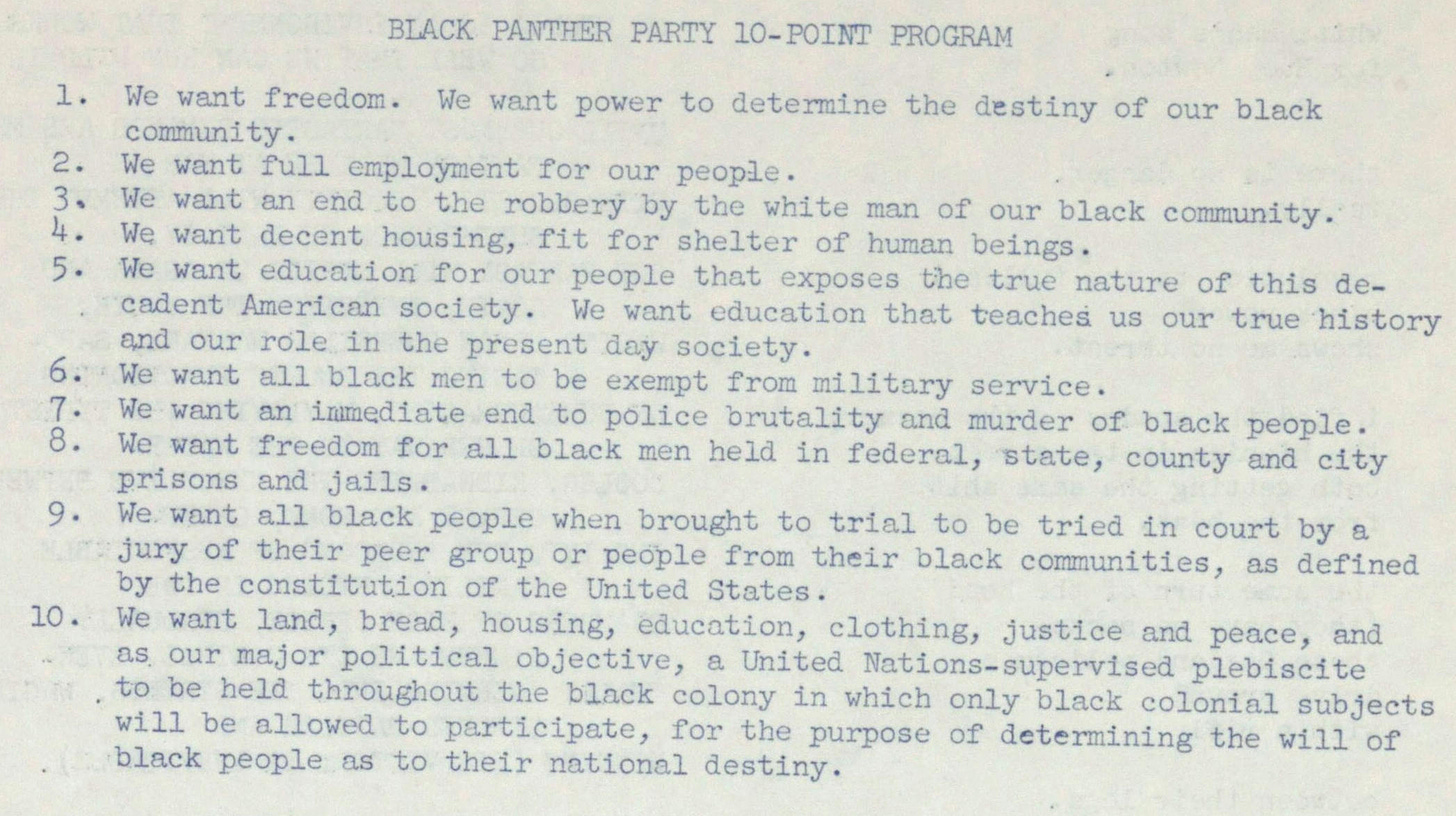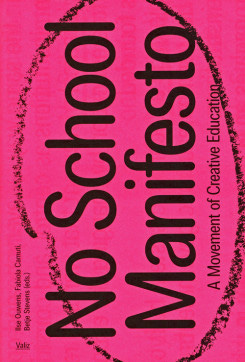It is no secret, I like non-fiction books. They usually cover topics linked to business, management, digital transformation or, one of my favourites, education and vocational training. In order to be able to devour as much information and knowledge as possible, I have just recently started to read well done abstracts first. It seems to be a rather effective way to learn new stuff every day and to stay on top of information. I usually read one entire book out of 8 to 10 abstracts, if it seems of importance and interesting for my research, the project or client I am working on at that moment.
In April, I have mentioned the planning of our online book-club, a small platform to share some favorite books and what I have taken away from them for myself, professionally or personally. The club will be launched after the summer break, accompanied by a conversation with the thought leading founders of GetAbstract, one of the world’s first and biggest providers of condensed knowledge abstracts.
Either way, in todays newsletter, I already want to share a Dutch book from 2020, which has profoundly reinforced my convictions on how the future of Higher Education could and should be radically re-thought, re-written and delivered: No-School Manifesto.
I have always been intrigued by the intensity and simplicity of a well written manifesto. I admire the clarity of a numbered declaration of intentions to promote new ideas and to carry out transformation or change. I sincerely don’t care whether it is written and published by an individual, a group, a political party or a government, as long as it is thought through, in itself logical and coherent:
Such as Theo van Doesburg’s “De Stijl Manifesto” from 1918 (above), or Newton & Seale’s “Black Panther Party 10 Point Program” from 1966 (below).
Besides a manifesto with eleven points, the aforementioned book presents a collection of 26 short essays about Creativity as Teaching and Learning : from A like Alpha, to K like Kapital, while closing with Z as ZigZag (a concept also proposed by Daniele D’Orazi in this month’s THL interview).
I agree with the radical main idea of the book that obtaining knowledge, getting diplomas, and reading books doesn't count anymore. All of that on its own, adds up to nothing, at least in the real world. We all know students who are amazingly creative. Youngsters who could make an immense difference in society, but they regrettably run aground at high school or university, for example because they are not good at planning, logical thinking or at writing and arithmetics. What a waste of talent. A source of profound frustration for students as well as tutors.
Different research we finalized with various business schools these last months clearly shows that students no longer look for education, as it is still offered by most institutions. They aren’t looking to just quickly obtain a diploma and then to get a job, a “career service”. They more likely have a great sense of responsibility for the learning process. They want to look across the boundaries of subjects, work together in different ways, and find their own path and schedule in all of this. Students know that they cannot not-learn, as human learn all day long, 24/7. On the other hand, smart Learning Spaces giving a personalized and realistic chance to experiment and experience lifelong learning (,basing education on a new business model,) for students, as well as for tutors and education managers are sincerely and severely missed.
Although these words could seem extreme, exaggerated and probably blasé, I use them to express the urgency to find a different approach to global issues, since it is apparent that the old one doesn’t work.
The No School Manifesto
Here is the entire manifesto, as it hangs in my office:
1 : No School wants to re-think education in the twenty-first century
2 : No School bridges the existing gap between culture and nature.
3 : No School makes a shift from what is good for the individual to what is good for the community and the whole of the planet.
4 : No School defines creative learning as an individual process, similar to the artistic process, of connecting to the deeper common creative source in nature.
5 : No School makes a shift to creativity, defining creativity as the secret formative power in all of nature, to which humans can connect.
6 : No School defines students as “learners”, teachers as “leading learners”, both scholars, contributing on their own level to this creative inquiry.
7 : No School values the use of the senses, the intellect, and imagination in the same way and opposes systems of punishment, institutions as control, and constriction.
8 : No School is a radical movement that wants to reaffirm the need for free education by changing the economic system on which it is founded.
9 : No School objects to an economic system built only on transactions between bureaucratic governments and conservative institutions.
10 : No School propagates an economic system in which a network of teachers and students are directly funded to create hybrid forms of education.
11 : No School is a biographical turn for an education that focuses on individuals rather than on a de-humanized economic-based system.
Idealism is the new realism. What do you think of it?





